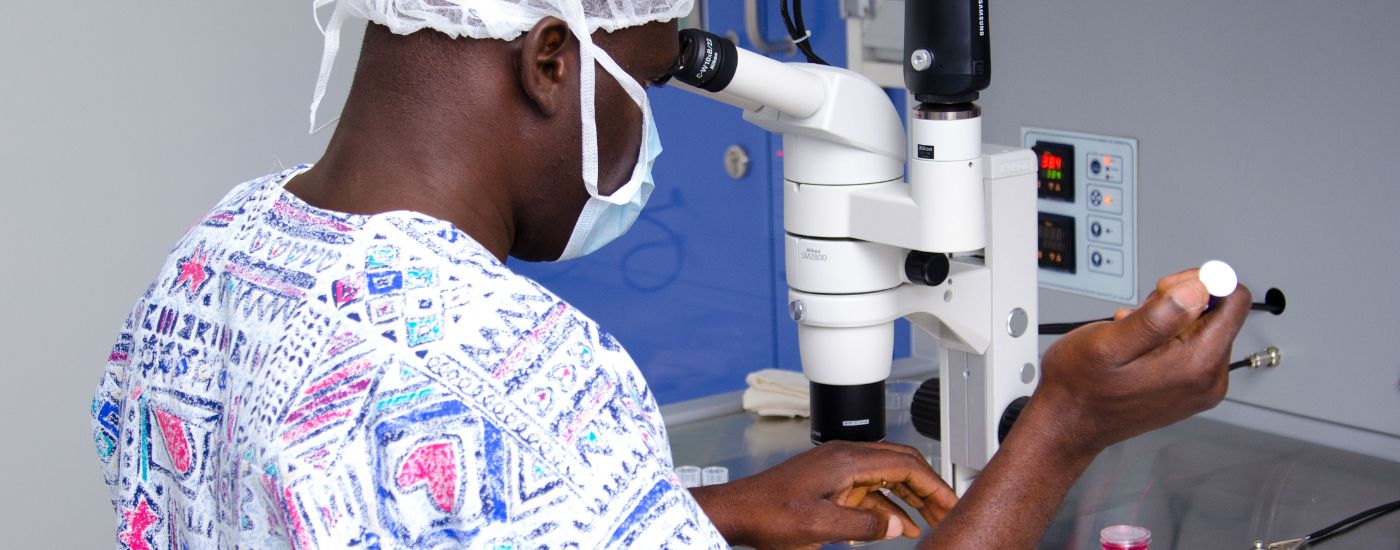Your fertility, your future

Who should test?
Male fertility testing provides clarity and confidence. It’s not about blame - it’s about finding solutions.
Trying Without Success
Couples trying to conceive for 6–12 months without a pregnancy
Over 35 and Planning
Men over 35 planning to start or grow their family
Health or Hormonal Concerns
Men with a history of testicular injury, hormonal imbalances, or related conditions
Past Treatments
Those with prior medical treatments that may affect fertility
Delaying Parenthood
Individuals or couples wishing to preserve fertility for the future
Future Family Planning
Men exploring their options for biological fatherhood in the future
Fertility Excellence
We recognise the significance of every journey and aim to support you throughout. Watch the video to discover how we make your experience with us as positive and successful as possible.
The testing process
We know fertility testing can feel daunting. Our supportive team is here to guide you with care and discretion at every stage.
Semen Analysis
Measures sperm count, motility (movement), morphology (shape), and overall sperm health.
Hormone Blood Tests
Evaluates reproductive hormones, including testosterone, LH, FSH, and thyroid function.
Scrotal Ultrasound
Checks for structural, vascular, or other testicular abnormalities if needed.
Genetic and Antibody Testing
Assesses for genetic conditions or anti-sperm antibodies that may affect fertility.
Sperm Cryopreservation
Offered for future use, especially before medical treatments that may impact fertility.
DNA Fragmentation Test
Examines the integrity of sperm DNA, providing insight into potential causes of infertility.
Why choose us
Advanced Technology
We leverage the latest fertility treatments and technologies to provide the most effective care
Patient-Centred Approach
We prioritise the well-being of our patients and spend time understanding your unique needs
Compassionate Support
You receive the highest quality care and emotional support throughout your fertility journey
Proven Success Rates
Our clinic boasts high success rates, giving you confidence that you are in good hands
Frequent questions
Why should I consider fertility testing?
Is the testing process painful or invasive?
How long does it take to get results?
Will I need all the tests?
How long does the ICSI process take?
The ICSI procedure itself is quick, usually taking only a few minutes per egg. However, it’s part of a broader IVF cycle that typically spans 4–6 weeks from stimulation to embryo transfer.
What if a problem is found?
Can I still have children if my sperm count is low?
Is my information kept private?
What are the common causes of male infertility?
Our other treatments
Learn more about our other fertility treatments and fertility services




